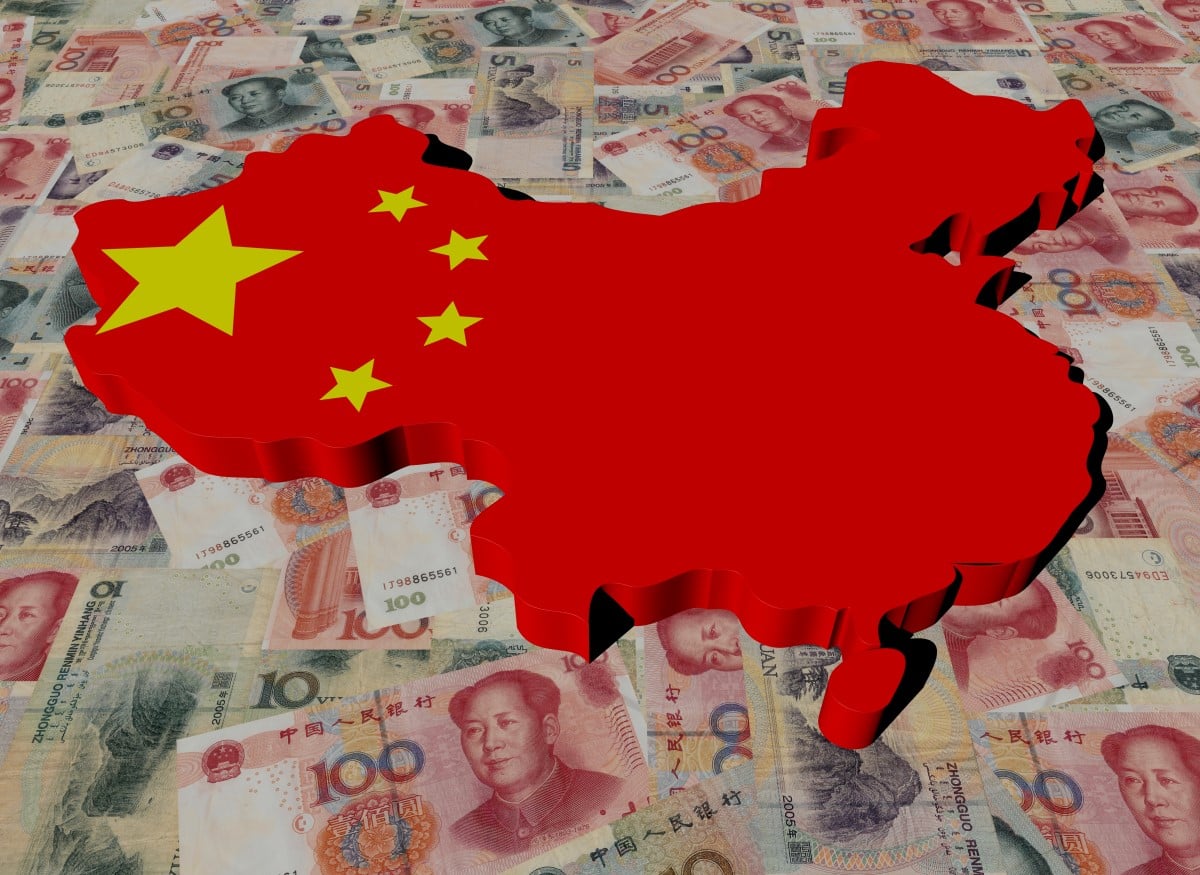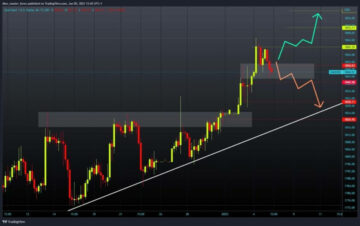

- Chinese stocks hit a five-year low early this year amid intensifying growth concerns.
- The spectre of deflation deepens, drawing parallels to the 2015 financial turmoil.
- Analysts highlight the inefficiency of current investment strategies, signalling a pressing need for policy overhaul.
As China approaches its most critical parliamentary meeting in nearly a decade, it faces significant economic challenges. The year started with a severe downturn, with Chinese stocks hitting a five-year low and deflationary pressures at depths unseen since the global financial crisis. This economic instability reminds us of the chaos in 2015, which spurred policymakers into action. However, the possibility of further monetary easing now threatens to cause a crisis in yuan assets and worsen deflationary trends.
2024 Goals at Risk Amid Investment Concerns
Premier Li Qiang is set to deliver his annual work report at the NPC, setting forth economic goals for 2024. These include targeting steady growth of around 5% and keeping the budget deficit within 3% of GDP. Yet, these ambitious targets may undermine confidence rather than enhance it without a strategic shift from heavy infrastructure and manufacturing investment towards boosting household incomes. Investment efficiency in China’s economy has significantly declined, with Fathom Consulting noting a sharp decrease in output per unit of investment over the past two decades.
China’s Reform Hesitancy Endangers Growth
China’s economic challenge stems from a reluctance to implement structural reforms. Economists and investors have long recommended these reforms. President Xi initially recognised the need for rebalancing. However, meaningful action has been limited. Debt levels have been increasing faster than economic growth. Analysts suggest a preference for social stability and national security over sustainable growth. There is concern about the potential disruption from empowering consumers and the private sector. This could challenge government control. The balance of these priorities underscores the critical decisions for China’s leaders. They must navigate the complexities of economic policy.
- SEO Powered Content & PR Distribution. Get Amplified Today.
- PlatoData.Network Vertical Generative Ai. Empower Yourself. Access Here.
- PlatoAiStream. Web3 Intelligence. Knowledge Amplified. Access Here.
- PlatoESG. Carbon, CleanTech, Energy, Environment, Solar, Waste Management. Access Here.
- PlatoHealth. Biotech and Clinical Trials Intelligence. Access Here.
- Source: https://www.financebrokerage.com/chinas-economy-hits-5-year-low-amid-growth-fears/
- :has
- :is
- 2015
- 2024
- 52
- a
- About
- Action
- ambitious
- Amid
- Analysts
- and
- annual
- approaches
- around
- Assets
- At
- Balance
- been
- boosting
- budget
- Cause
- challenge
- challenges
- Chaos
- China
- Chinas
- chinese
- complexities
- Concern
- Concerns
- confidence
- consulting
- Consumers
- control
- could
- crisis
- critical
- Current
- data
- Debt
- decade
- decades
- decisions
- decrease
- deepens
- DEFICIT
- deflation
- deflationary
- deliver
- Depths
- Disruption
- DOWNTURN
- drawing
- Early
- easing
- Economic
- Economic growth
- Economic policy
- economists
- economy
- efficiency
- empowering
- enhance
- faces
- faster
- Fathom
- fears
- financial
- financial crisis
- For
- forth
- from
- further
- GDP
- Global
- global financial
- Goals
- Government
- Growth
- Have
- heavy
- hesitancy
- Highlight
- his
- Hit
- Hits
- hitting
- household
- However
- http
- HTTPS
- implement
- in
- include
- increasing
- inefficiency
- Infrastructure
- initially
- instability
- intensifying
- into
- investment
- Investors
- IT
- ITS
- jpg
- keeping
- leaders
- levels
- li
- Limited
- Long
- Low
- manufacturing
- May..
- meaningful
- meeting
- Monetary
- most
- must
- National
- national security
- Navigate
- nearly
- Need
- noting
- now
- of
- output
- over
- Overhaul
- Parallels
- Parliamentary
- past
- per
- plato
- Plato Data Intelligence
- PlatoData
- policy
- policymakers
- possibility
- potential
- president
- pressing
- pressures
- private
- private sector
- rather
- rebalancing
- recognised
- recommended
- reform
- reluctance
- report
- Risk
- s
- sector
- security
- set
- setting
- severe
- sharp
- shift
- significant
- significantly
- since
- Social
- Spectre
- Stability
- started
- steady
- stems
- Stocks
- Strategic
- strategies
- structural
- suggest
- sustainable
- Sustainable Growth
- targeting
- targets
- than
- The
- There.
- These
- they
- this
- this year
- threatens
- to
- towards
- Trends
- two
- Undermine
- underscores
- unit
- us
- W3
- webp
- which
- with
- within
- without
- Work
- worsen
- xi
- year
- yet
- Yuan
- zephyrnet












